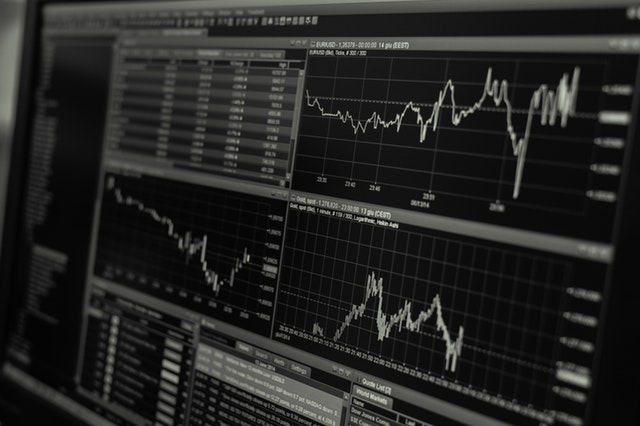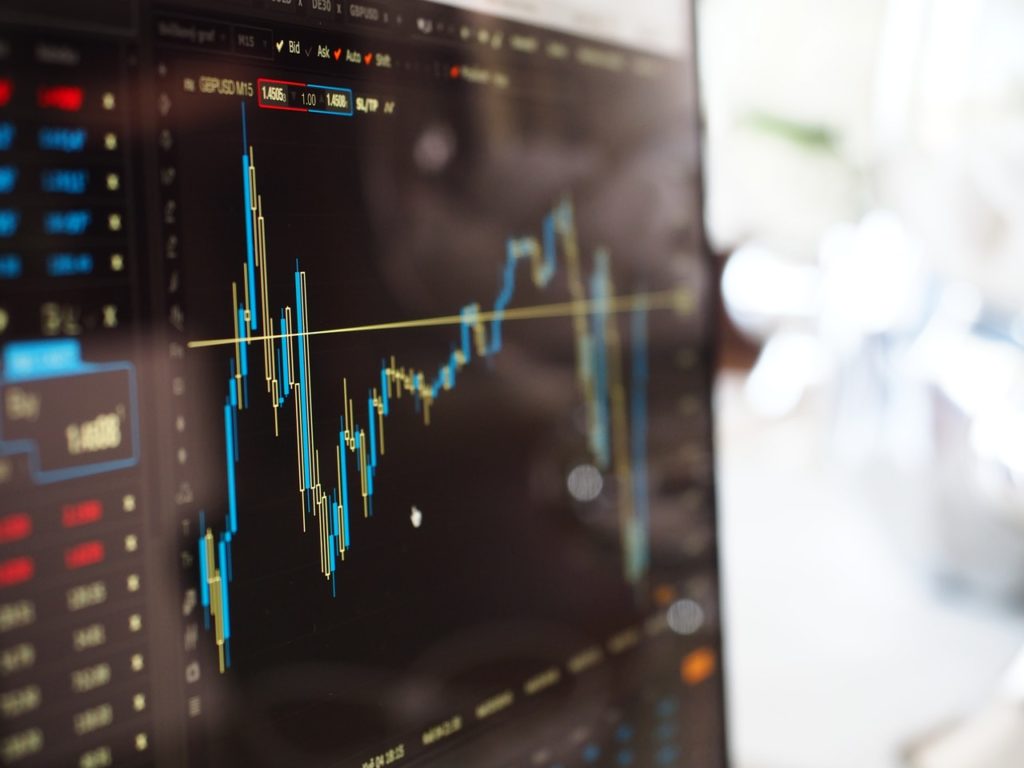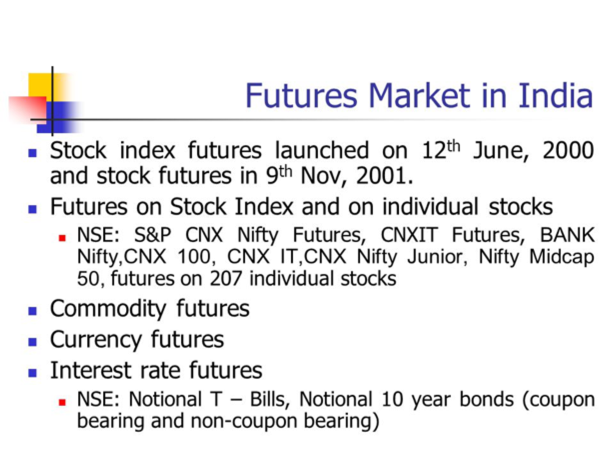
Index Futures
What are index futures?
An index future is an agreement for the trading of stock for a given future date. It is beneficial in the sense that it gives the investor time to study the market, to see how the stock performs and then decide whether buying or selling it in the future will be most beneficial for them. Eg let us say as on Feb 1st NIFTY ETF Feb 28th Expiry future is trading at 10,886 whereas NIFTY is at 10,759. So that essentially means that the buyer of NIFTY Future is willing to pay Rs 10,886 on Feb 28 for the NIFTY.
An investor while entering the market has a certain goal in mind, while they all wish to make profits; they have calculated the risk and dynamic nature of the market as well. Based on the course of action they choose for their investments, there are two groups of investors prevalent in the market; the hedgers and the speculators. Let’s have a closer look at what these are:
Hedging
In layman’s language, hedging is the process of reducing the risk of the price movements and fluctuations in the stock market. It is a sort of insurance against the uncertainties of the market leading to a declining in the prices of the stocks. As in futures, the risks can be diversified by pairing the stock indexes owned for a long position with that owned for a short span.
Speculating
The process of trading a financial instrument that entails a high risk, while keeping in mind the market disposition, speculating is closely watching the market movement throughout the day. Speculators buy or sell the appropriate shares by the end of the day when their pre-calculated price limits are achieved. Future contracts are of interest to speculators owing to the amount of leverage they bring.
For example, the speculators tend to buy contracts and wait for them to increase in price. It is then that they sell these contracts at a higher price than what they had been purchased at. On the other hand, they sell contracts and buy back at a lower price.
So in hedging using index futures, the investors give up certain opportunities in return for reduced risks; they tend to take up additional risk for being able to maximize their profits in the case of speculating.
For example, If I have the NIFTY shares of ICICI Bank @ 350.00 INR and there is a possible interest rate cut that is anticipated in the near future. An interest rate cut essentially lower’s a bank’s income from interest, hence there is a chance that ICICI Bank’s share price may get down from Rs.350. In order to hedge my risk, I can buy a PUT option of ICICI Bank at a strike price of Rs 350. A put option guarantees me “RIGHT TO SELL” at the rate of Rs 350, hence hedging my exposure to ICICI Bank and anticipated fall that can happen due to an anticipated interest rate cut.
Hedging is essentially preparing yourself financially for a future loss that you have foreseen; by investing in places where you know there is going to be a boom. In such cases, you usually would choose basic human necessities such as food, communication and so on. The stocks to these companies will witness a rise and the money you are about to lose will be recovered.
How are index futures different from options?
We have already discussed what index futures are; let’s shed light on what options are.
Options are when the investors are entitled to buying or selling the stocks on or before the predetermined date; it is however not mandatory. This leaves the investors with the choice of whether or not they want to do so.
There are also several other differences between Index futures and options; let’s have a look;
- An index future holder is obliged to carry out the contract, whereas the index options holder has no such legal obligation
- Index futures have high risk involved whereas options have limited risks to deal with
- The execution of the contract must be done on the predetermined date in case of stock future (index future), whereas the same can be done before or on the date in case of options if the holder wishes to do so
- There is no advance payment done in the case of index futures trade whereas there are payments made in the form of premiums in options
- While there can be unlimited profits earned in both cases, the possibility of loss is limited in the case of options
What are the different types of index futures?
Indian Index Futures
- BSE SENSEX
- NSE CNX NIFTY
How to trade index futures in India?
It has been observed that the trading of index futures contracts has been done in equity indices and equities, or cash-settled agreements. To minimize the risks involved in index futures, India has regulatory entities such as BSE and NSE as well as MCX and NCDEX. The exchange requires the investing money in advance while adequate balances checks are put in place to fight any default possibilities. With help from brokers, you can make the right trading choices for your nifty future contract.
How does one buy index futures?
Let’s have a look at the process of Index future trading in India;
- Create a trading account, for which you may need to contact a broker or visit NSE/BSE
- Garner Margin money, which is essentially a percentage of the total value of the stock index futures contract
- Give this money to your stockbroker who will forward it for the futures exchange
- Place the order for buying or selling with the trader
- If there is a suitable buyer or seller available at a given price of the futures contracts, strike your deal
For example, if you wish to buy NIFTY future with a value of 5000 INR, lot size 40 and the margin necessary is 10%. We can calculate the future contract value by the formula: Future Contract* Lot Size. So here it would be 5000*40= 200000. Now to calculate buying value of the future contract you can use the formula: Future contract value the margin necessary. Here that would be 200000*10%=20000INR. So if you wish to purchase NIFTY futures according to the given formula you will need RS: 20000 to buy a single lot.
What are the uses of Index Futures?
There are several reasons why Index futures have earned the reputation of being one of the best forms of investment in the country:
- The potential for earning profits with equity index futures is immense if the trader’s judgment is right
- Since these are high leverage investments, the trader puts up a fraction of the amount as the margin, while playing to the full value of the S&P 500 futures contract as the stock prices go up and down; (monitoring of which is done by the nifty index future historical data) This can help one save money more often than not in the futures market
- Most transactions can be completed quickly meaning the investor can earn money quickly, especially in the case of commodity futures.
NISM 8 series – Equity Derivatives video course
NISM I Series – Currency Derivatives Question Bank








